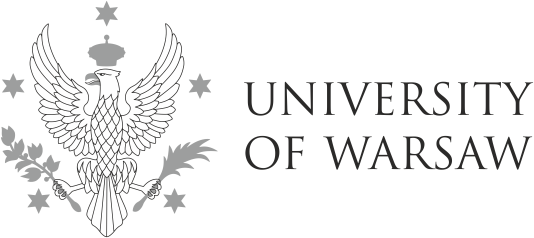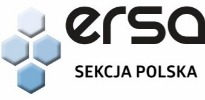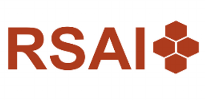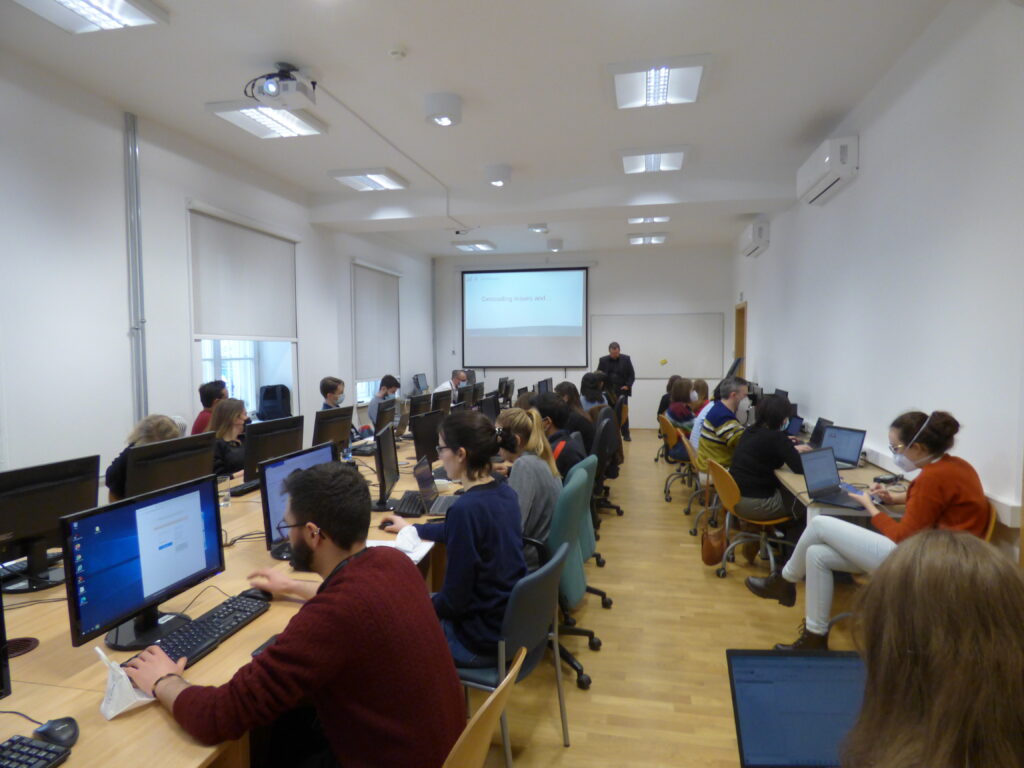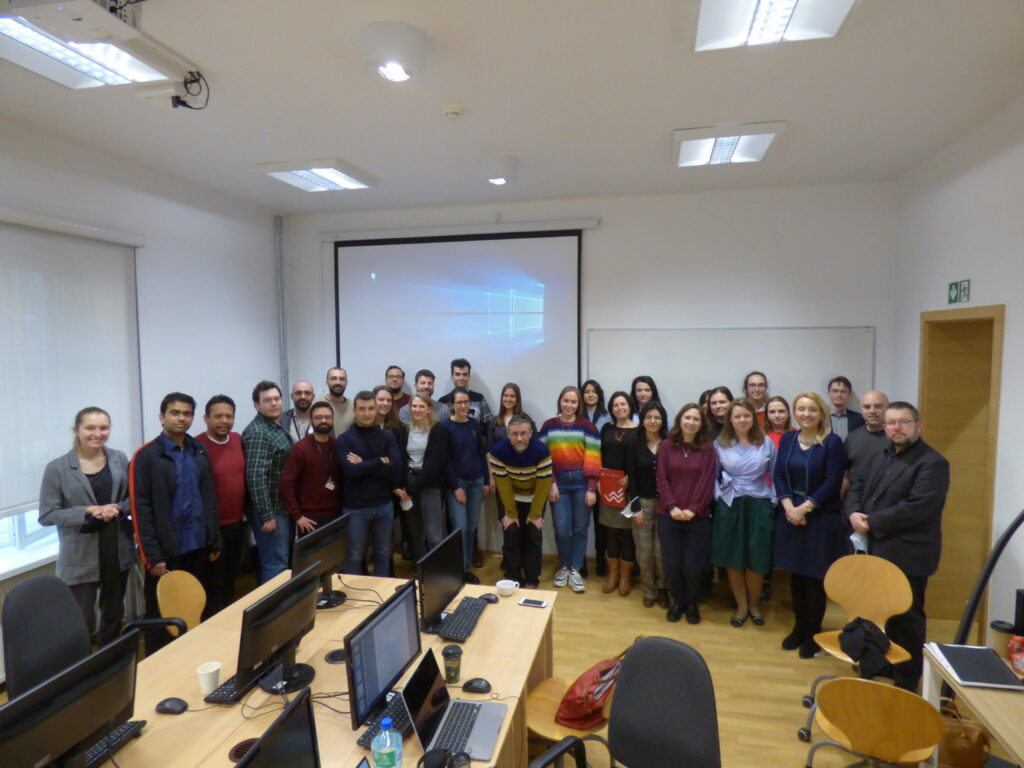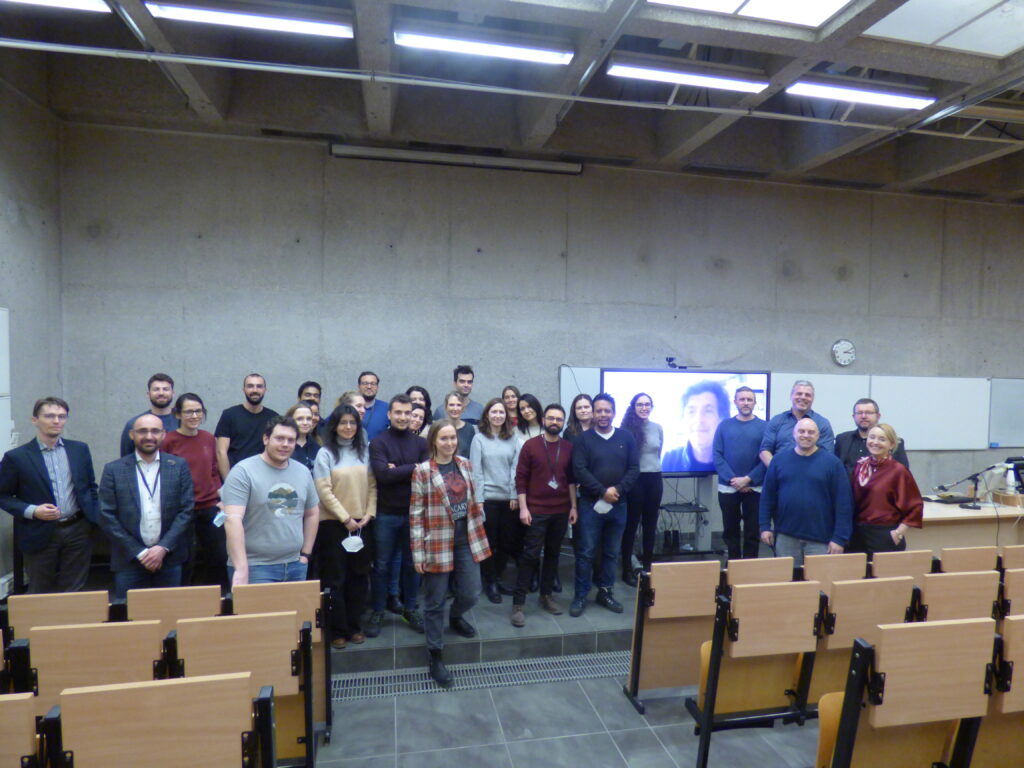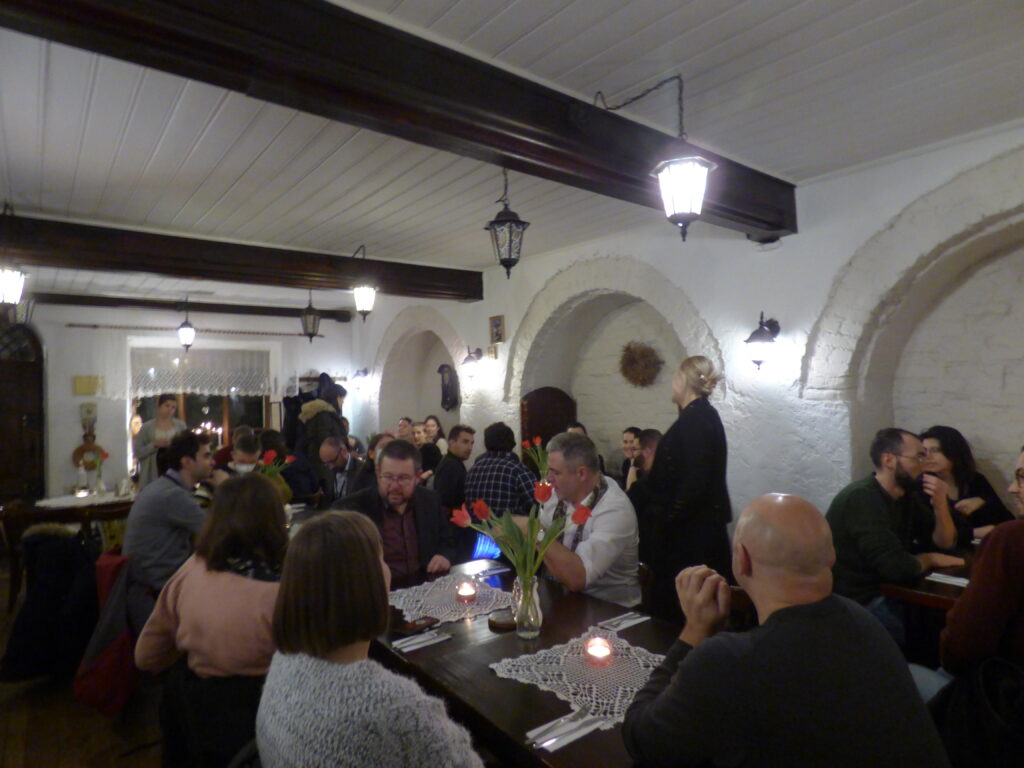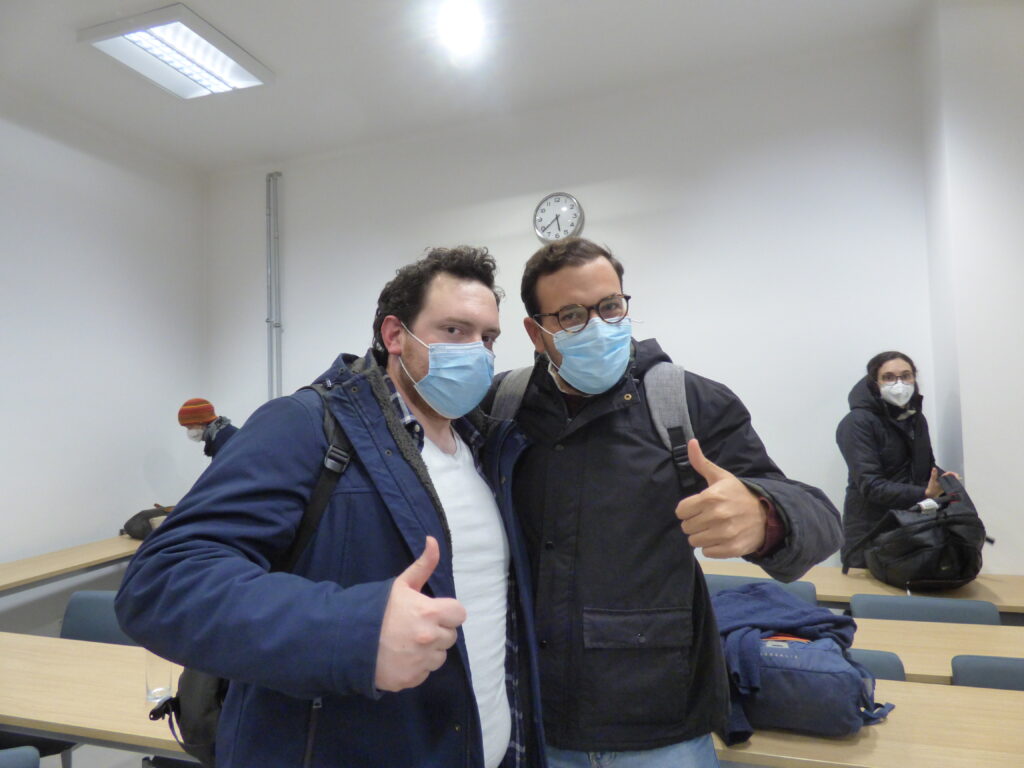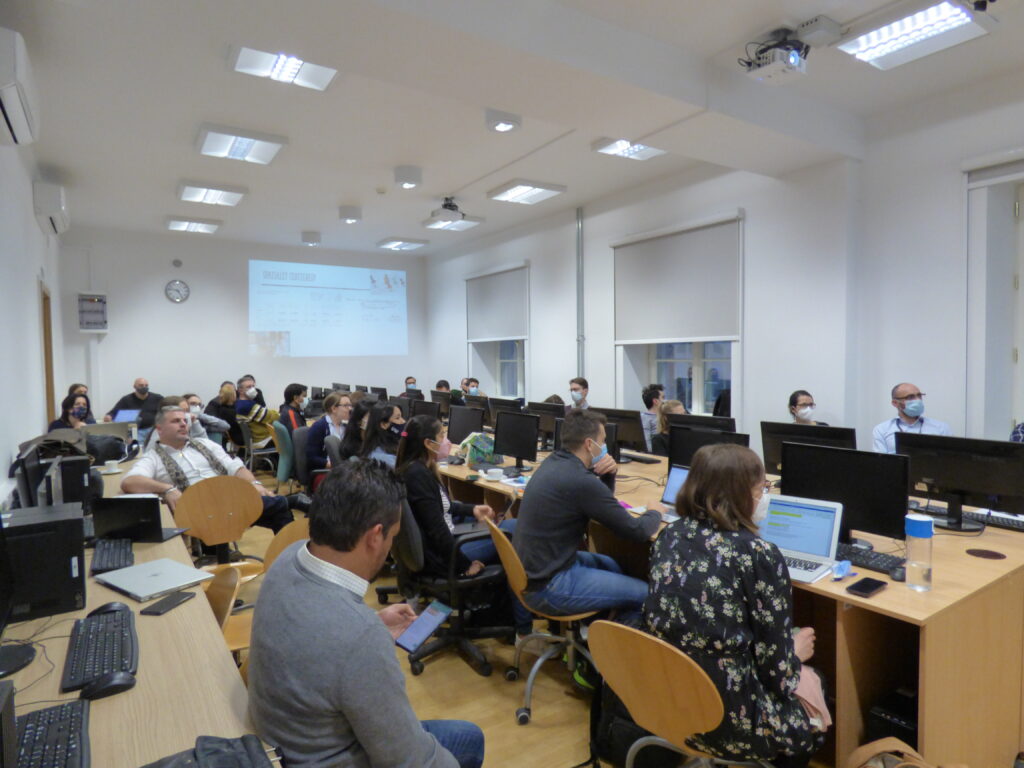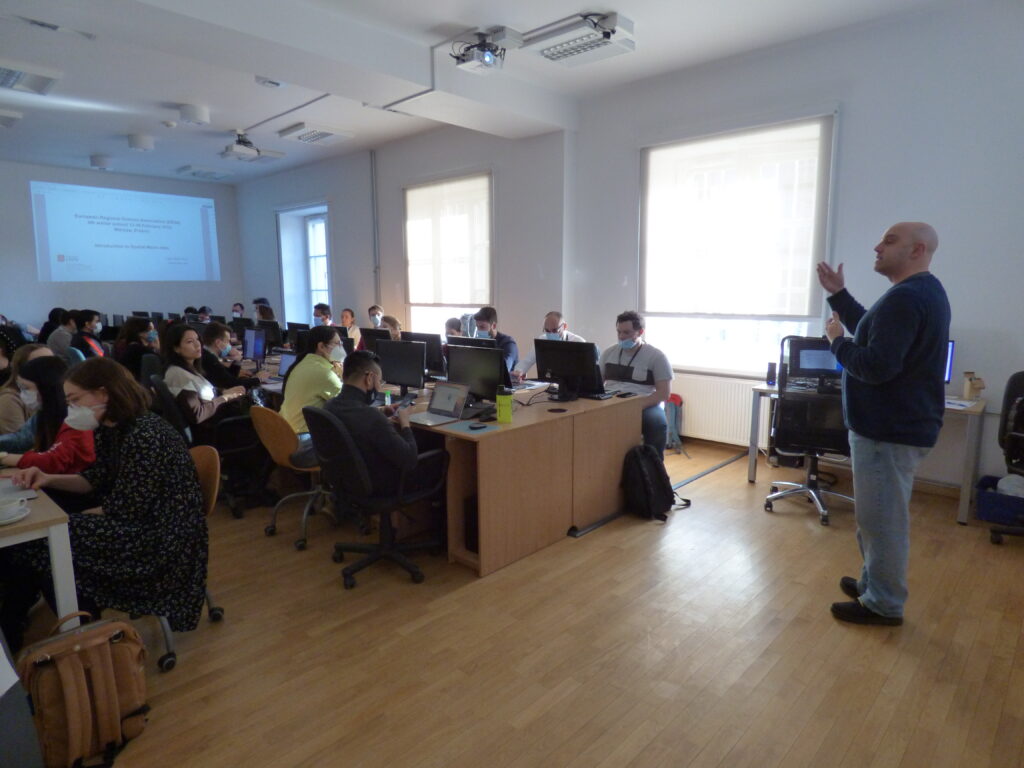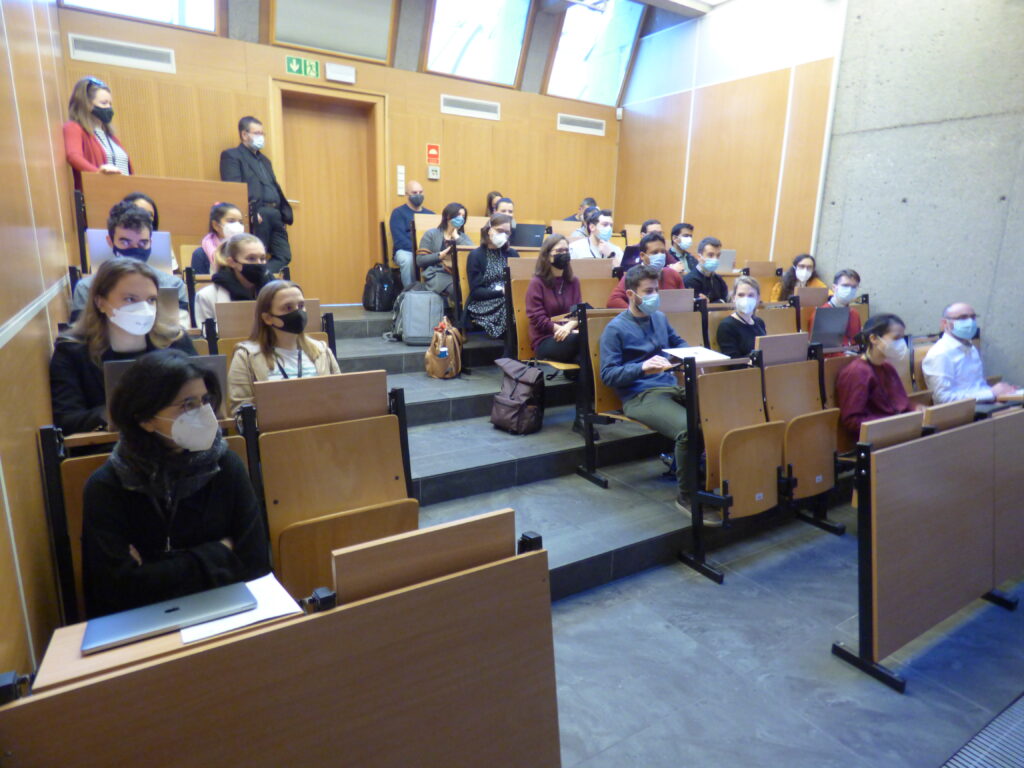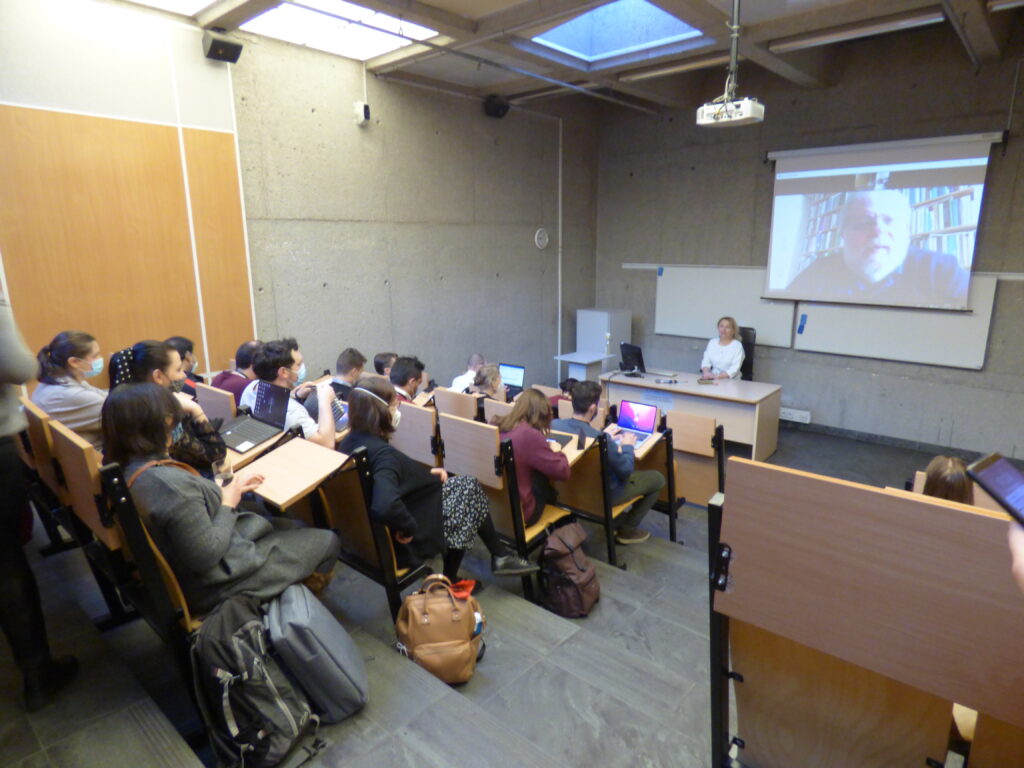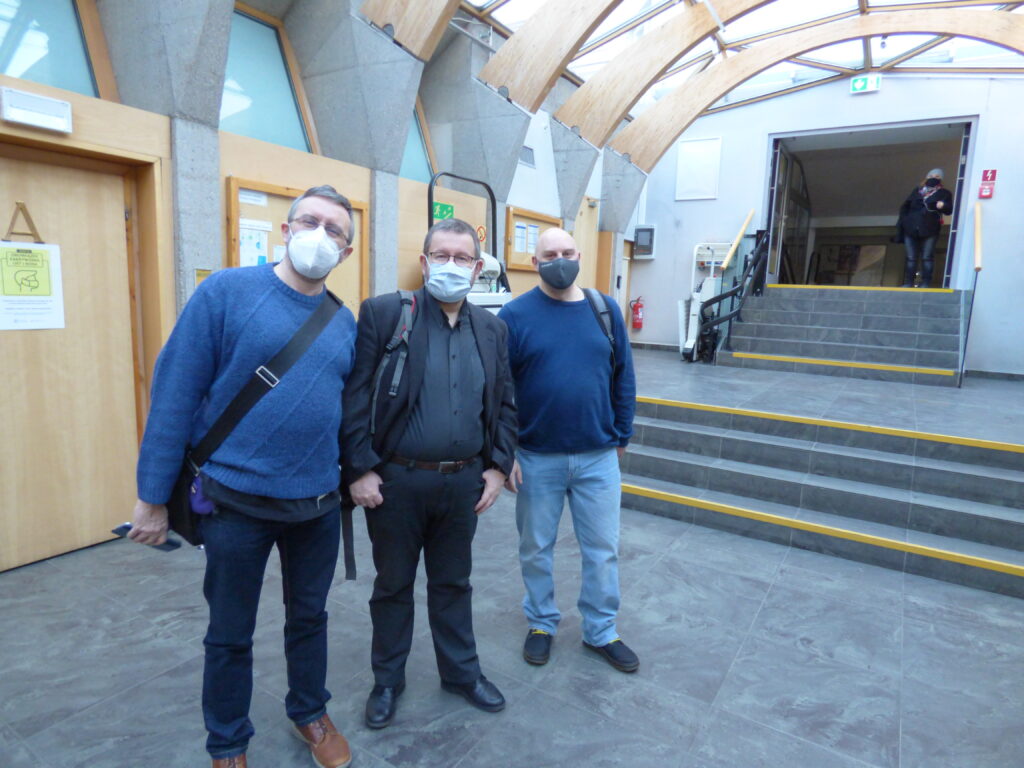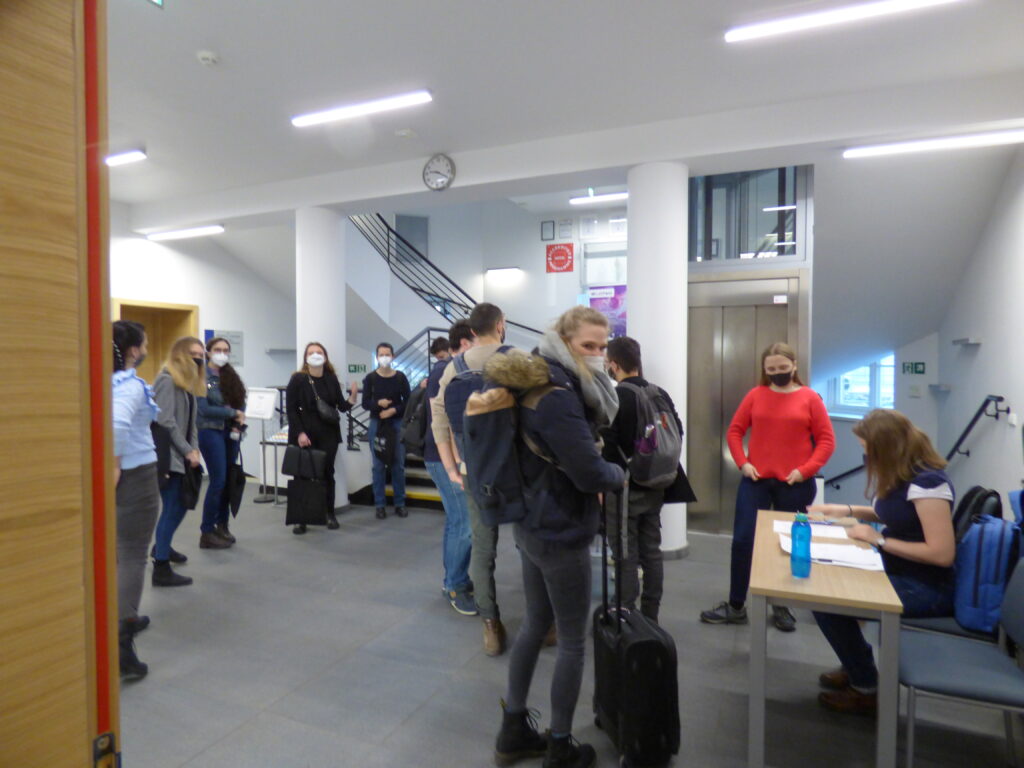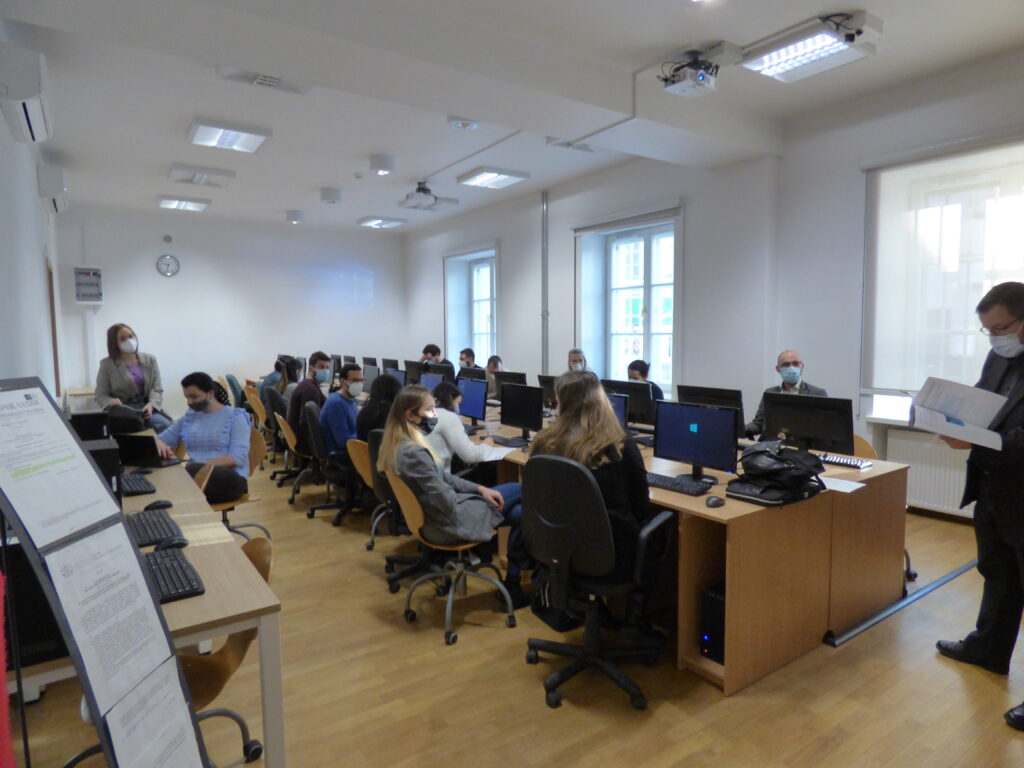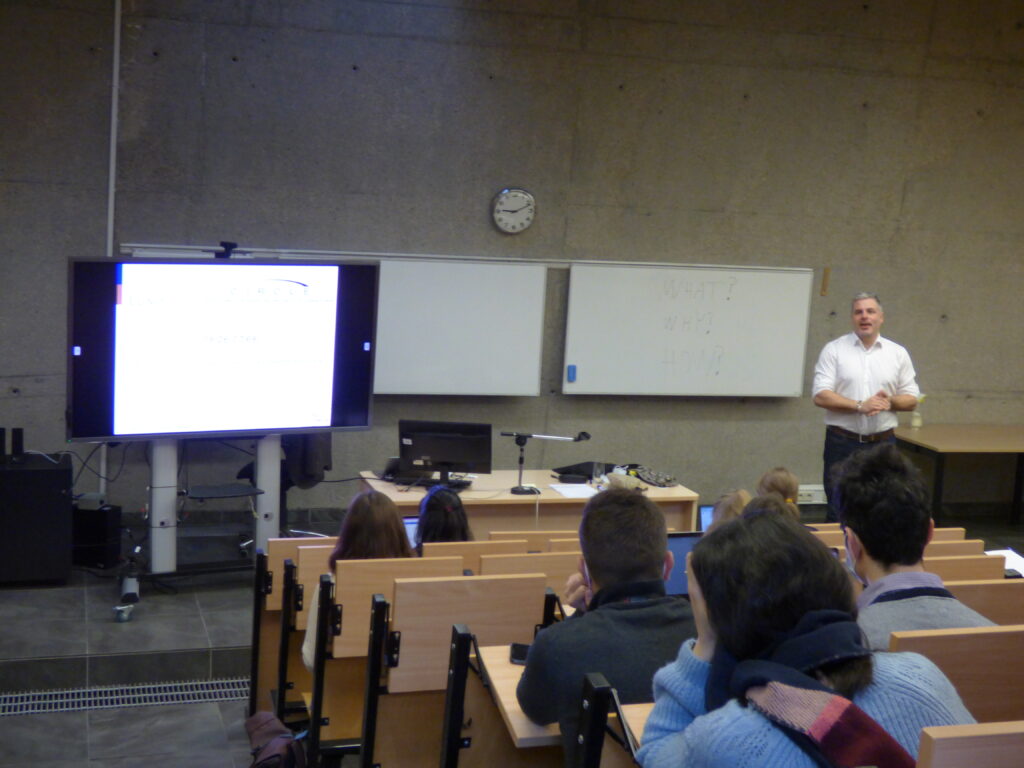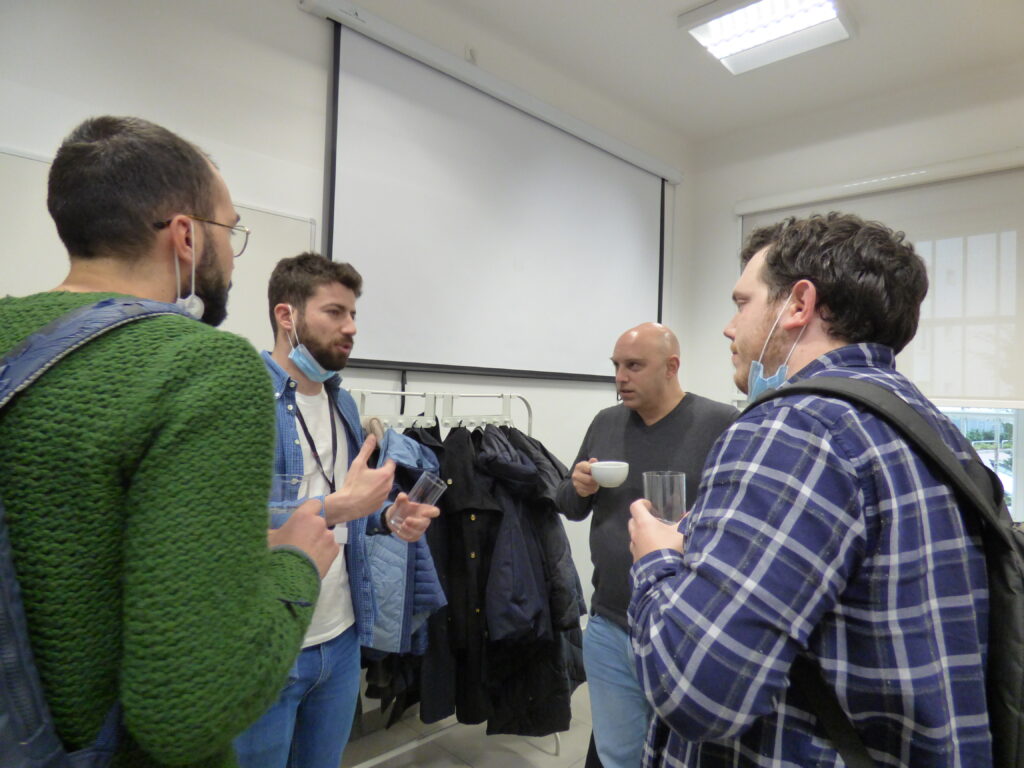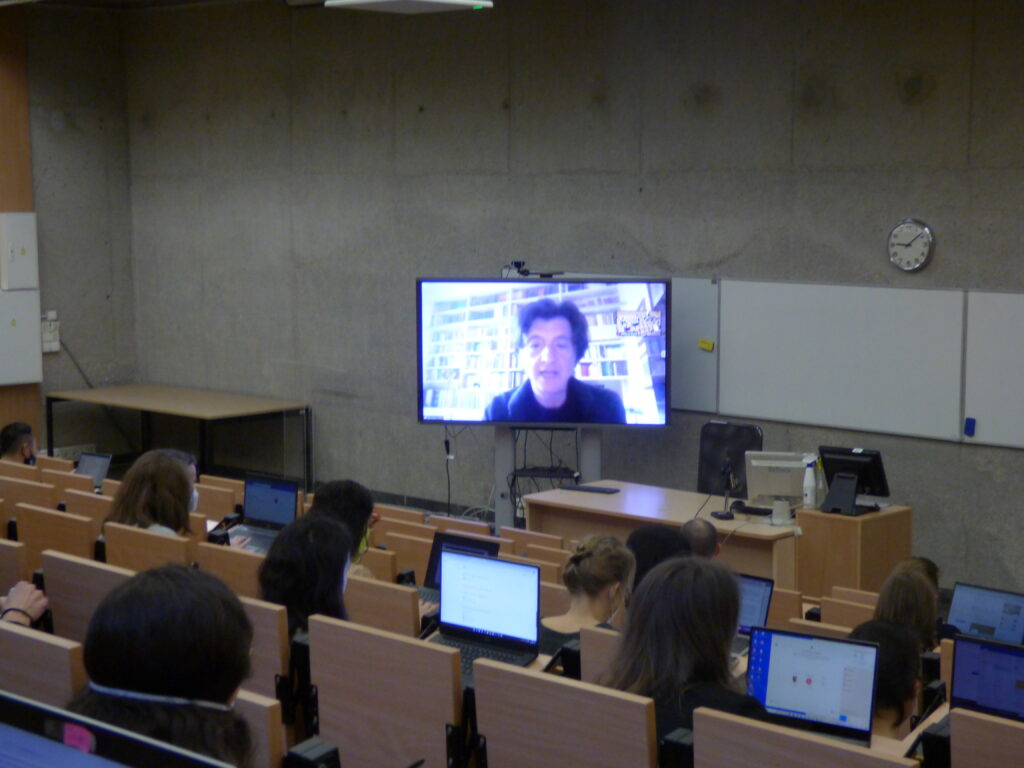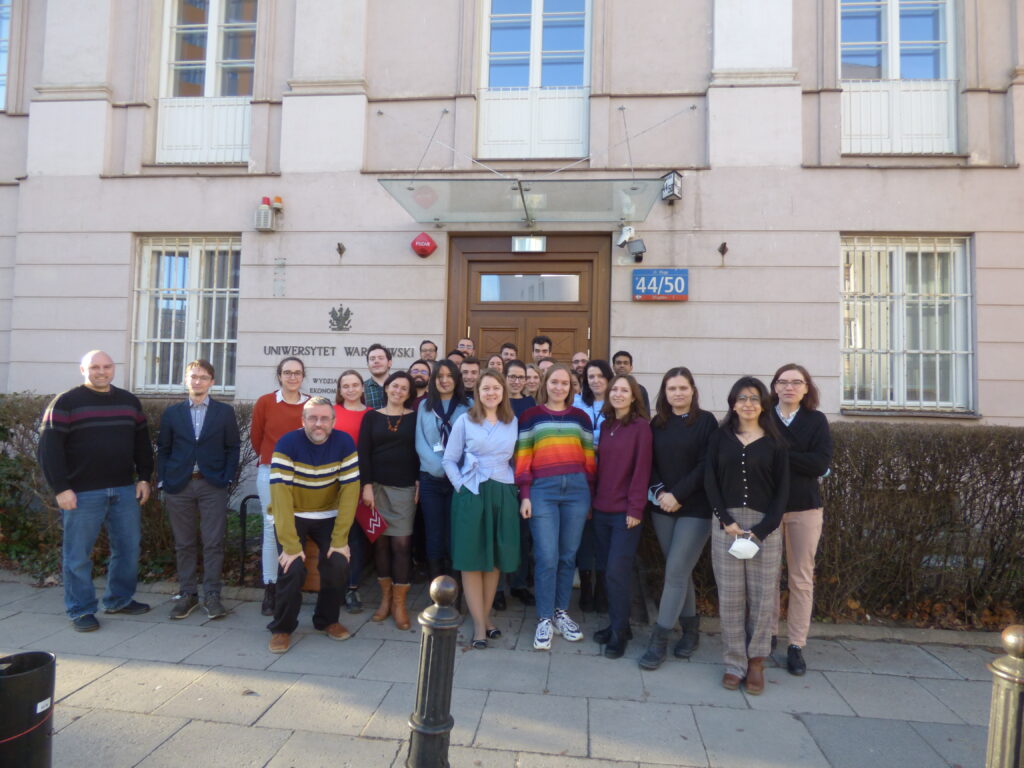Welcome and Foreword
The ERSA Winter School 2022 is planned to be held stationary in Warsaw, Poland. In case the pandemic situation changes, organisers will react appropriately.
The ERSA scientific committee (Chair: Prof. André Torre, University Paris-Saclay) and the local organising committee (Chair: Prof. Katarzyna Kopczewska, University of Warsaw) kindly invite Ph.D. students and young researchers to participate in the 4th ERSA Winter School to be held in Warsaw from 14-18 February 2022. Pre-winter school software classes are planned on 13th February 2022.
Following the tradition of previous ERSA schools, we warmly welcome PhD students and young researchers from various fields who wish to learn more on conducting research in regional science.
This event will be concentrated around applied spatial quantitative methods such as spatial econometrics, spatial statistics, spatial machine learning, spatio-temporal approach, mapping etc. which are commonly used in economic geography, regional science, as well as in urban and regional planning.
Each participant is expected to present their own project which uses spatial quantitative methods. Projects will be discussed with top-world scholars, who will be teaching during this event.
We also encourage participants to present their works during the XVI World Conference of Spatial Econometrics Association (SEA 2022), held in Warsaw on 23-24 June 2022. Click here for details.
Czamanski Winter School
We are pleased to announce that this year’s ERSA Winter School is named after a magnificent scholar Prof. Daniel Czamanski!
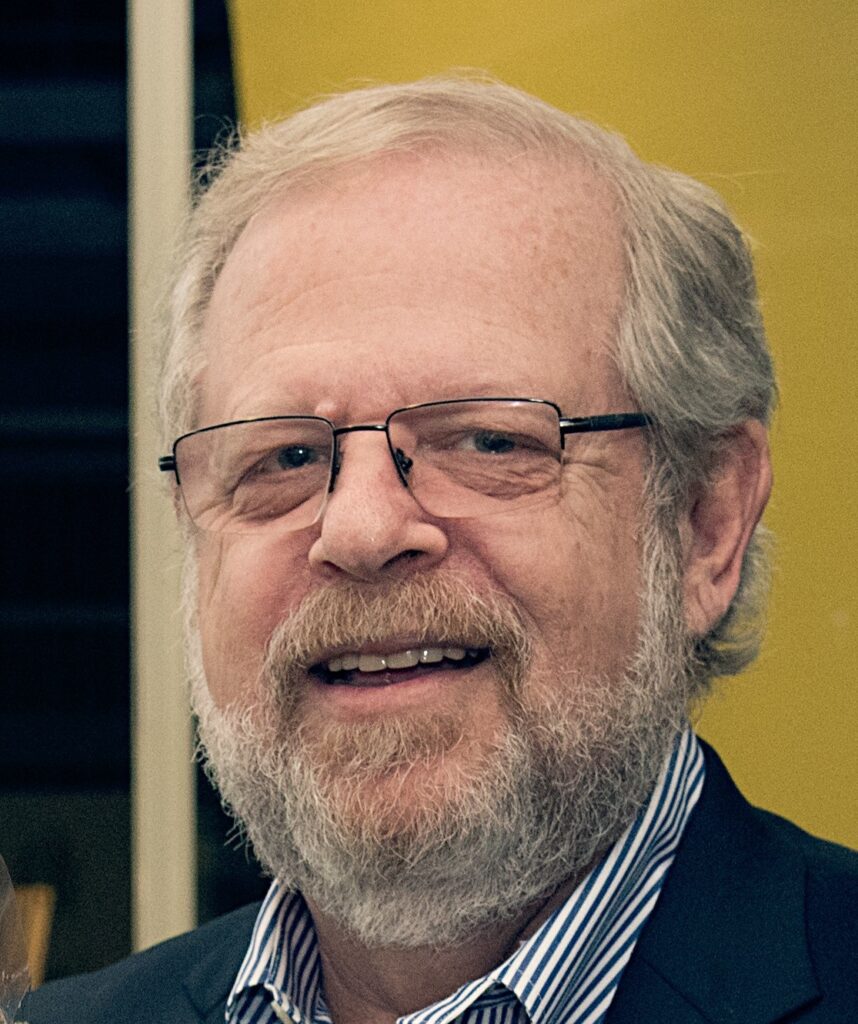
Prof. Daniel Czamanski (ORCID) has three degrees in economics. He was a faculty member at the Ohio State University. After more than 30 years, recently, he retired from the Technion – Israel Institute of Technology. Currently he serves as the head of the real estate economics and land assessment program at Ruppin Academic Center in Israel. In recent years his research is focused on complexity, spatial dynamics, big data and artificial intelligence.
Czamanski is chairman of Czamanski Ben Shahar and Co. the leading consulting firm in real-estate economics in Israel. For 10 years, Czamanski served as chairman of the Haifa Center for the Promotion of Entrepreneurship. He was member of the education committee of the Small Business Administration, of the board of Israel Junior Achievement and deputy chair of the Haifa-Boston Partnership.
Important Dates:
- Call for applications: September 15, 2021
- Deadline for application:
October 15, 2021Extended deadline: October 31, 2021 - Notification of acceptance:
November 15, 2021November 22, 2021
Due to high number of applications and prolonged application deadline, notification of acceptance is postponed until November 22, 2021. - Deadline for registration & payment: December 15, 2021
- Pre-school software classes dates: February 13, 2022
- Winterschool dates: February 14-18, 2022
Lecturers:
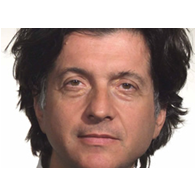

Université Laval, Canada
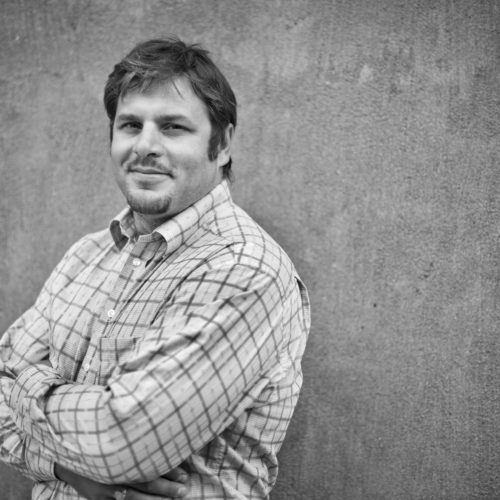
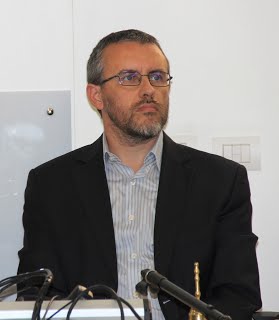
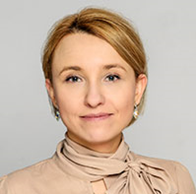
University of Warsaw, Poland
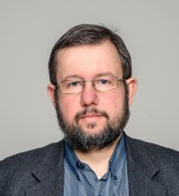
University of Warsaw, Poland
Software class teachers:
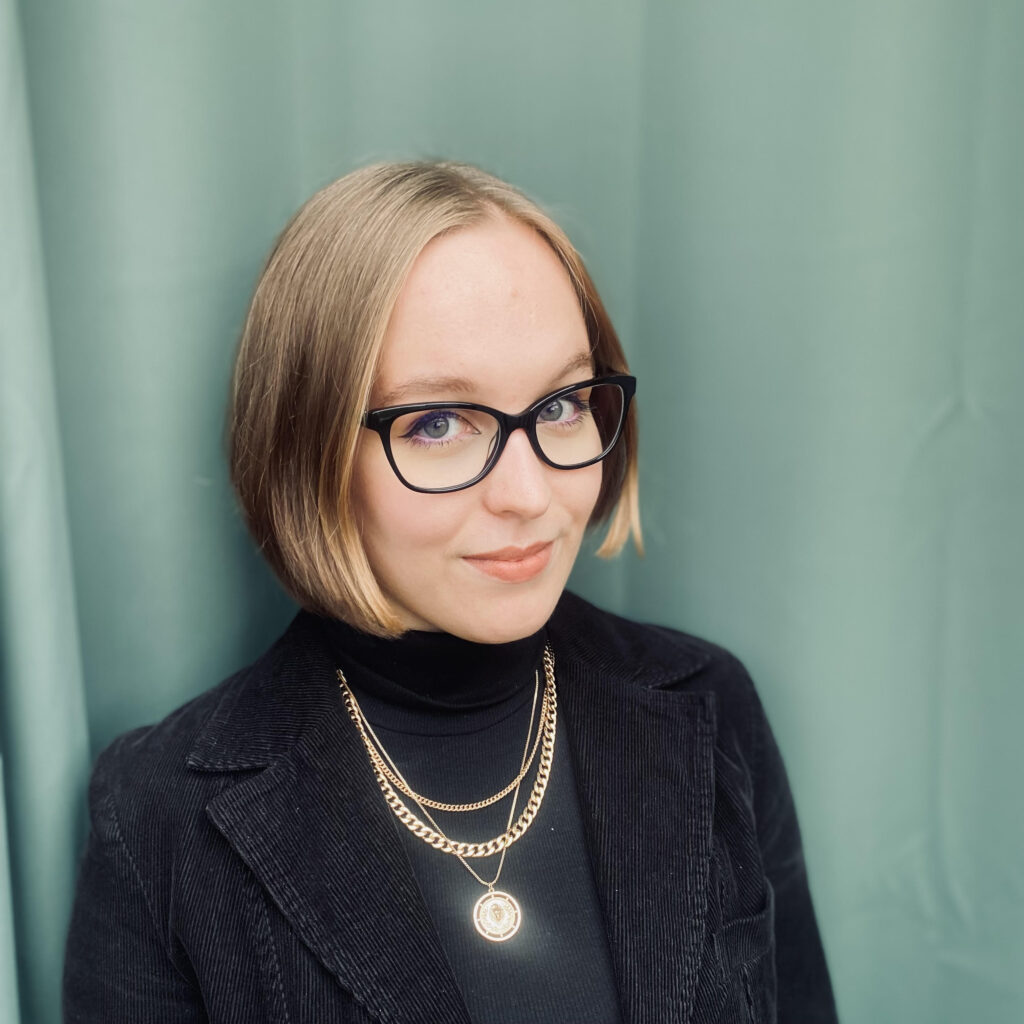
University of Warsaw, Poland
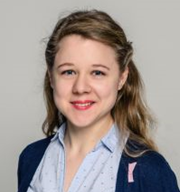
University of Warsaw, Poland
Format and goals
The Winter School will gather 20 young researchers. It will consist of an intensive week of lectures, lab classes and participants’ presentations. The program follows previous successful ERSA winter and summer schools.
Due to the event’s focus on the methodological topics, we will be organizing an additional software class day (February 13th) which will allow the students previously unfamiliar with R language to get to know the software that will be utilized during the Winter School. Participation in the software class is optional.
Key features of the pedagogical approach adopted by the Winter School are as follows:
- Morning lecture will be offered by invited professors. Lectures cover a large variety of issues regarding recent advances in theory and applications in regional science, especially on the theme of the School.
- Mid-day workshops are to practice the issues presented during lecture. They will be held in computer lab.
- Afternoon discussion seminar are devoted to doctoral and post-doctoral students’ presentations of their work to participants. They are to rise scientific discussion and comments from other students and senior researchers.
- Evening social scientific dinners are to integrate participants, discuss paths of academic careers, publication strategies, role of social media etc.
Great importance is given to informal discussions, which are precious for sharing experiences and expanding networks, among participants and with invited professors who are asked to stay a few days for that purpose. The organisation aims at creating moments for get-together activities (shared meals, field visits, get-together dinner, pubquiz, etc).
Applications
Link to the Application platform is provided here (call opening: September 15th, application deadline October 15th).
Applicants should submit the following documents:
- CV with list of publications
- confirmation of PhD student status or PhD diploma received in years 2017-2021
- scientific project (max. 2 pages) plus references, which uses quantitative spatial methods to solve regional science problems
We wait for applications until October 15, 2021. Applications will be assessed by senior scholars. We intend to select gender and country balanced group of prospective young scholars. In case of more applications than places, there will be waiting list.
Registration
Registration Fee: 250 EUR
The Winter School registration fee includes:
- participation in Winter School classes and software class day,
- Winter School materials,
- student accommodation and breakfasts in dormitory,
- coffee breaks and lunches in between classes,
- scientific dinners and networking events.
How to register:
After receiving a notification of acceptance, you will be invited to register. The registration fee must to be paid by a bank transfer – details will be provided in the registration confirmation emailed to the successful candidates. The link to register to be posted here in due time (deadline: December 15th).
Program
Considering the optimistic trends around the world, we plan to hold all sessions stationary. However, if the pandemic situation in Poland (and Europe) worsens, the event will be moved online.
Presentations:
For each presentation a discussant will be allocated. Please send your paper or slide to your discussant till January 31, 2022.
Language:
The official language of the conference is English.
General programme:
We are proud to announce the topics and the lecturers of each day of the ERSA Winter School 2022:
- Sunday 13th Feb: Introduction to R by Maria Kubara & Kateryna Zabarina
- Monday 14th Feb: Introduction to spatial data, construction of local spatial indicators (such as LQ and HHI) and their usage in spatial econometrics models by Prof. Jean Dubé
- Tuesday 15th Feb: Eigenvector spatial filtering (for both areal data and origin-destination data), origin-destination modelling with spatial econometric tools by Prof. Roberto Patuelli
- Wednesday 16th Feb: Attenuation of agglomeration externalities with examples of empirical analyses on geo-coded data to assess „micro-geograhies” of agglomeration externalities – conceptual / theoretical as well as methodological issues by Prof. Martin Andersson
- Thursday 17th Feb: Point pattern analysis application to spatial econometrics by Prof. Giuseppe Arbia
- Friday 18th Feb: Machine learning (& clustering solutions) in spatial modelling by Prof. Katarzyna Kopczewska
- Friday 18th Feb: API & web solutions in spatial analysis by Mateusz Kopyt, PhD
The preliminary schedule of the event is shown below. More detailed information will be announced later.
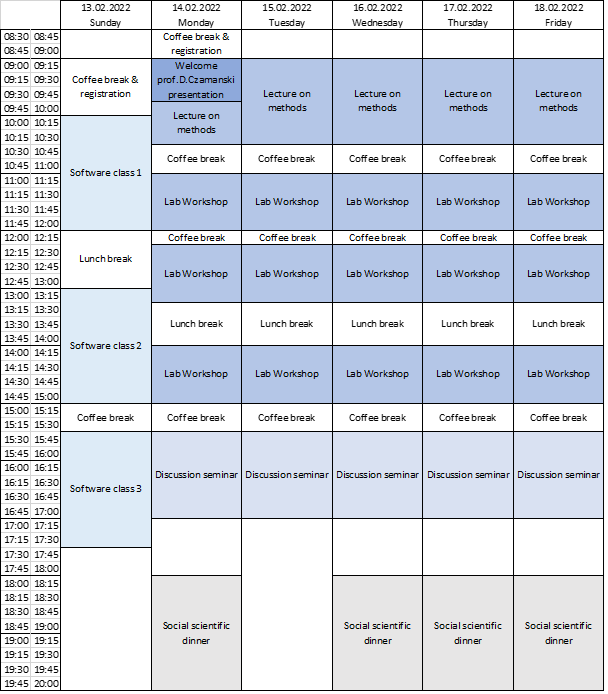
Local Organising Commitee:
- Katarzyna Kopczewska, University of Warsaw, Poland (Chair)
- Mateusz Kopyt, University of Warsaw, Poland
- Maria Kubara, University of Warsaw, Poland
- Kateryna Zabarina, University of Warsaw, Poland
- Ewa Dobrowolska, University of Warsaw, Poland
Scientific Committee:
- Professor André Torre, ERSA President, University Paris-Saclay, France (Chair)
- Professor Giuseppe Arbia, Catholic University of the Sacred Heart, Rome, Italy
- Professor Jean Dubé, Université Laval, Canada
- Professor Martin Andersson, Blekinge Institute of Technology, Sweden
- Professor Roberto Patuelli, University of Bologna, Italy
- Professor Katarzyna Kopczewska, University of Warsaw, Poland
- Mateusz Kopyt, PhD, University of Warsaw, Poland
Our partners and sponsors:

